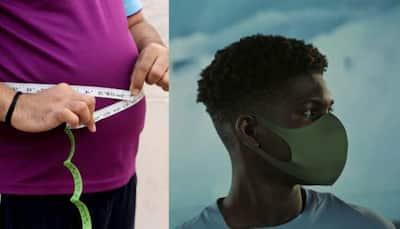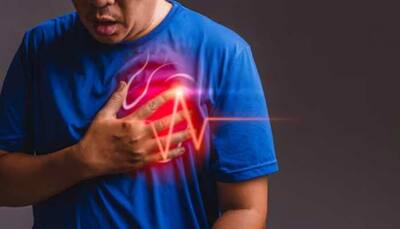The CVS representative popped into Lisa Trumble's third-floor Berkshire Medical Center hospital room in Pittsfield, Massachusetts, to announce that everything was arranged for Trumble to return home, where she relies on IV nutrition because of severe intestinal problems that leave her unable to eat. That was on Tuesday, Oct. 8.
The next morning a social worker and a doctor woke Trumble to say her discharge was canceled. CVS would no longer provide her home nutrition, and she had to stay in the hospital. A week later, "I'm still here," she said by telephone Wednesday.
"I was dropped between Tuesday night and Wednesday morning with no care for my life or my health." Trumble is not the only one in crisis. She's among 25,000 U.
S. patients who depend on parenteral nutrition, or PN — IV bags containing life-sustaining amino acids, sugars, fats, vitamins, and electrolytes. Hurricane Helene wrecked a factory in North Carolina that produced 60% of the fluids their sustenance is mixed from.
About two weeks later, CVS announced that its Coram division, a leading infusion pharmacy, was exiting the PN and IV antibiotics business. The hurricane led Baxter International to ration its dwindling supplies. Pharmacies that supply Trumble and other patients like her were already plagued by shortages, and the rationing means the remaining infusion pharmacies can't take on the customers cut off by CVS, said David Seres, director of medical nutrition at Columbia University Medical Center in New Y.


















